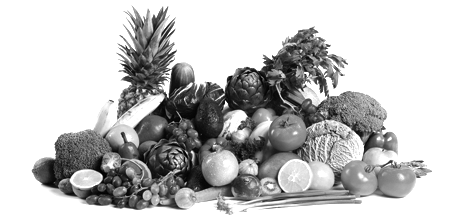
High blood pressure is the number-one risk factor for death and disability worldwide. It puts strain on your heart, can damage sensitive blood vessels in the eyes and kidneys and can cause bleeding in the brain.
It is now widely accepted that increased blood pressure isn’t just a natural result of ageing, but rather it can remain stable throughout life, or even decrease after middle-age.
Commonly prescribed medication can reduce the risk of heart attack by 15% and the risk of stroke by about 25%. But in a recent study, three portions of whole grains a day were shown to help people achieve the same benefit without taking pills.
People who consumed a few spoonfuls of flaxseeds every day for six months lowered their blood pressure to a degree that could be expected to result in 46% fewer strokes and 29% fewer instances of heart disease over time. It is 2-3 times more effective at lowering blood pressure than exercise (not that you shouldn’t do both).
Sprinkle a spoonful over cereal, soups, salads and stews everyday.









